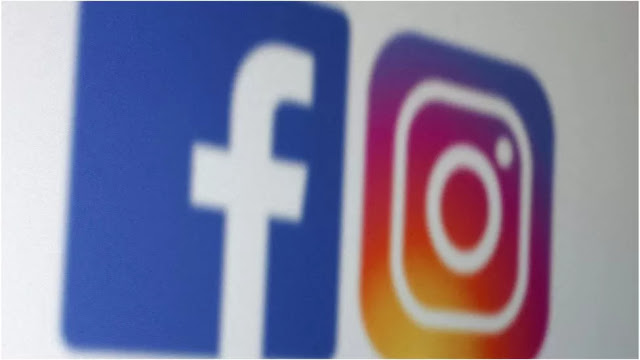Political advertisers must use meta to indicate when deepfakes are being used.


Grok, an AI chatbot that Elon Musk introduced on his social media platform X (formerly Twitter), is currently only accessible to a limited number of users.
Mr. Musk boasted that Grok would respond to inquiries with "a little humour" and "loves sarcasm".
Early indications, though, indicate that it has issues similar to those of other artificial intelligence tools.
Certain questions are declined by other models, such as those that offer criminal advice. However, Mr. Musk claimed that Grok would respond to "tough questions that are turned down by most other AI systems."
When Mr. Musk posted a demonstration of the new tool, Grok was asked to provide a detailed recipe for producing cocaine.
Regarding the trial of cryptocurrency entrepreneur Sam Bankman-Fried, it was written in an enthusiastic manner, but it was inaccurate to say that the jury took eight hours to find the defendant guilty when, in reality, they returned a verdict in less than five.
Grok and other generative AI tools have drawn a lot of flak for having obvious mistakes in their writing style, despite seeming extremely realistic.
In July, the Grok xAI team was established, utilizing expertise from various AI research companies. Although it is a different business, it is strongly associated with Tesla, an electric vehicle company, and Mr. Musk's other ventures, X.
Comments
Post a Comment